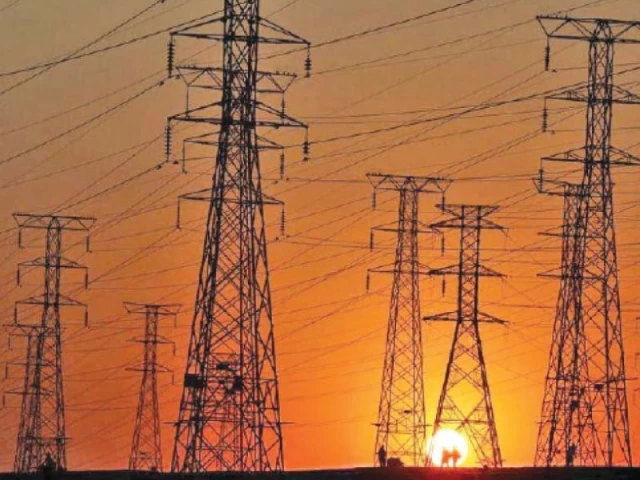In order to relieve residents and industrial sectors of Karachi struggling with booming power prices, the Minister of Sindh of Energy Syed Nasir Hussain Shah announced on Tuesday a new supply of electricity under the Sindh Electric Power Regulatory Authority (Sepra).
Addressing the media, he revealed that electricity will be generated and transmitted by the Sindh Transmission and Dispatch Company under the recently approved Sepra. Shah said the prices offered under the Sepra will be considerably lower than those currently billed by K-Electric.
“We are going to carry out electricity ourselves and transmit it via STDC. More importantly, we will determine the price ourselves,” he said, adding: “The electricity transmitted by STDC will not be subject to the prices of the Nepra. Our prices will be much more affordable.”
Also read: Bilawal rejects the 27th of rumors of constitutional modification as “without foundation”
The Minister confirmed that the executive of the Sepra had been approved by the Constitution by the Sindh Assembly and that the staff of the Authority is already completed. An official notification is expected later this month.
“Our main objective is to provide reliable and low cost electricity to Karachi’s economic areas,” said Shah. “We aim to provide the first sepra transmission to the network providing power to the Korangi industrial zone.”
He also said that the transmission infrastructure should be under the control of STDC for the plan to succeed. “Karachi citizens will also benefit from this initiative once the system in place,” he added.
Also read: Pakistan won water arbitration against India
Commenting on the governance structure of K-Electric, Shah underlined the lack of provincial representation on its board of directors. “Currently, the three administrators of the board of directors represent the federal government. We have proposed that an administrator remains on the federal side, while the other two should represent the Sindh,” he said.
The Minister also mentioned an agreement between the Government of Sindh and K-Electric to provide the low cost electricity service of the next solar parks. “We asked K-Electric to avoid buying electricity generated by expensive fuel when solar energy is available,” he said.
The K-electrical currently depends on the National Electric Power Regulatory Authority (NEPRA) for the determination of prices and price notifications, even if it faces increasing criticism of electricity costs and persistent load shedding.
While announcing a new initiative of the provincial power, Shah has not provided details on the tariff structure or the generation mechanism under SEPRA.
Also read: ATC commands the release of Qureshi after acquittal
According to NEPRA data, Pakistan electricity production continues to rely strongly on expensive imported fuels. More than 20% of electricity was produced using imported liquefied natural gas (LNG), at a high cost of RS24.26 per unit. Likewise, the electricity of imported coal came to Rs16.60 per unit.
Hydroelectric and nuclear sources have offered a certain relief – contributing to 21.94% and 17.91% to the power mixture respectively – with significantly lower costs. Nuclear energy, in particular, stood out as the cheapest source at only RS2.10 per unit. However, these affordable options were not sufficient to compensate for the impact of more expensive production based on fuel.
Coal of local origin represented 14.51% of electricity production at Rs11.21 per unit, while gas -based electricity represented 8% to Rs11.82 per unit. Although the furnace oil contributed only 0.79% to the national network, it remained the most expensive source, costing RS28.77 per unit.




